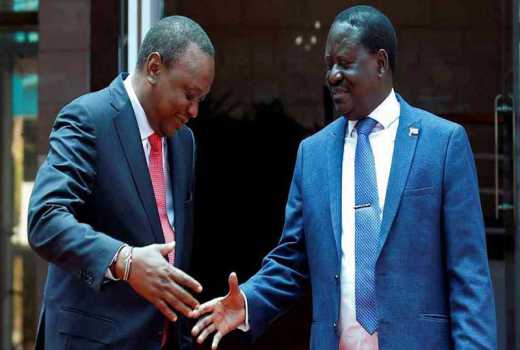×
The Standard e-Paper
Smart Minds Choose Us

Unbeknown to some, the context to which our politics operate is defined in large measure by events that occurred far back in our history.
The present situation is the product of a series of events in our past. However, not all events in our history have equal significance at any given time. The significance of a certain period of history in current affairs raises its head when certain things occur.